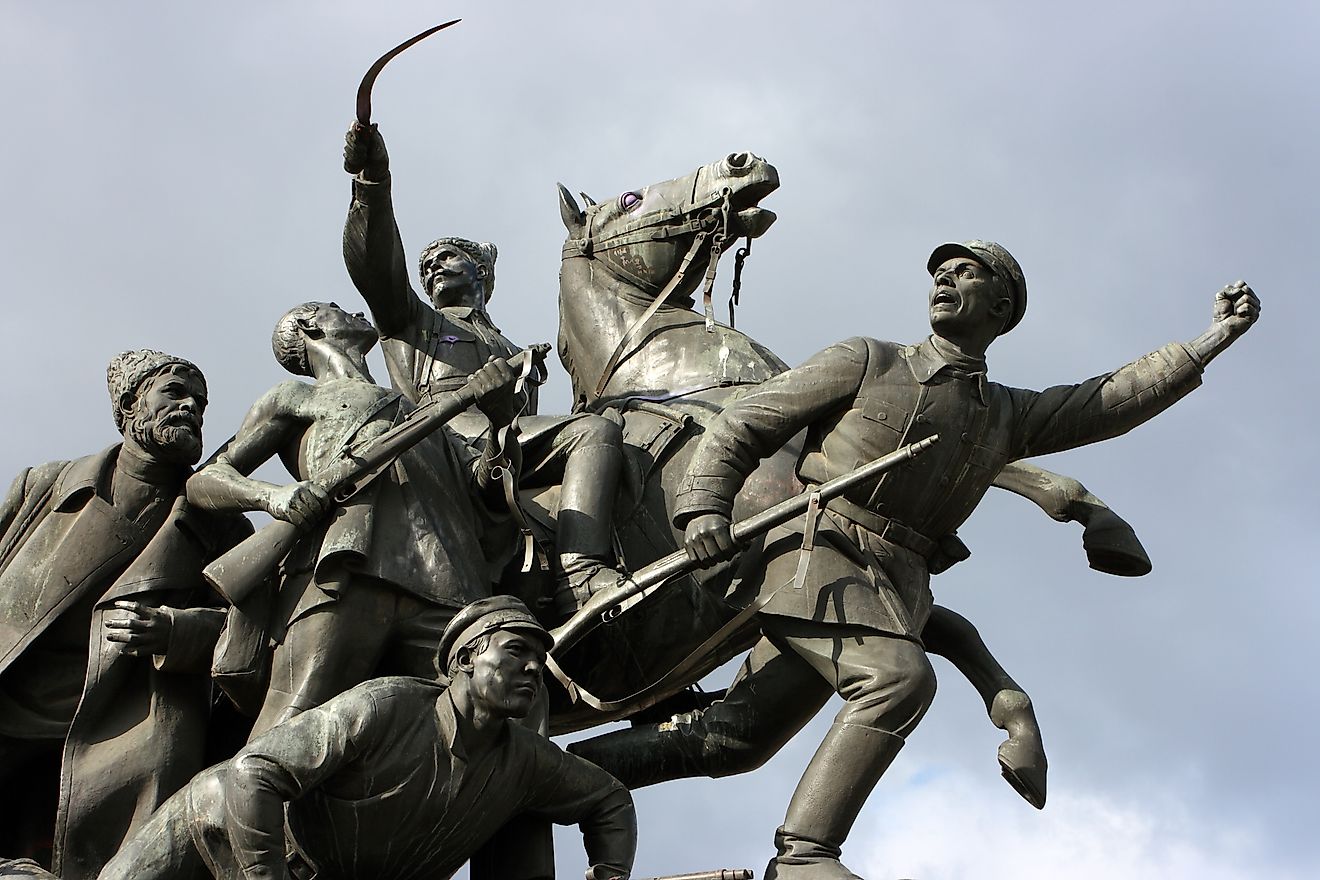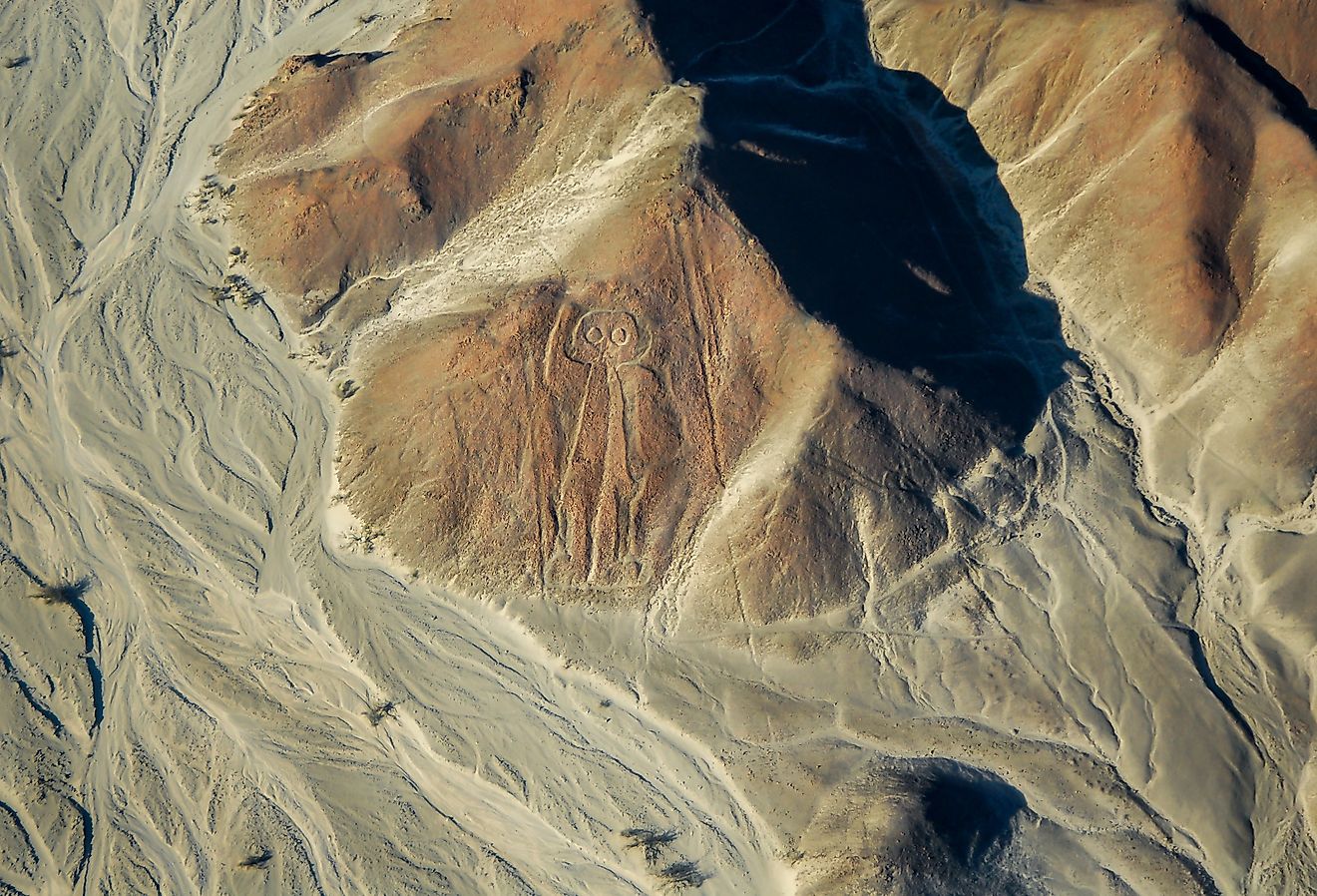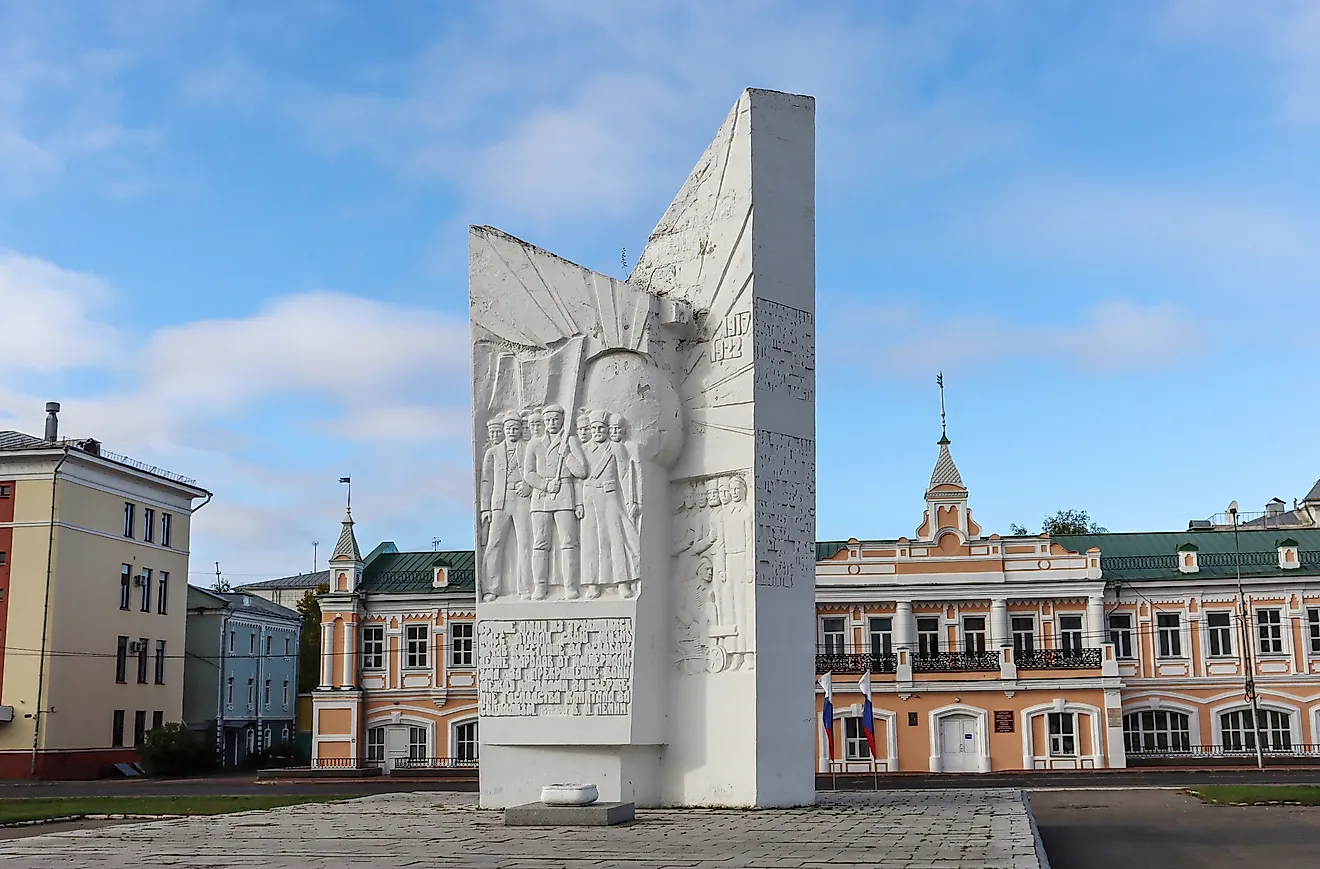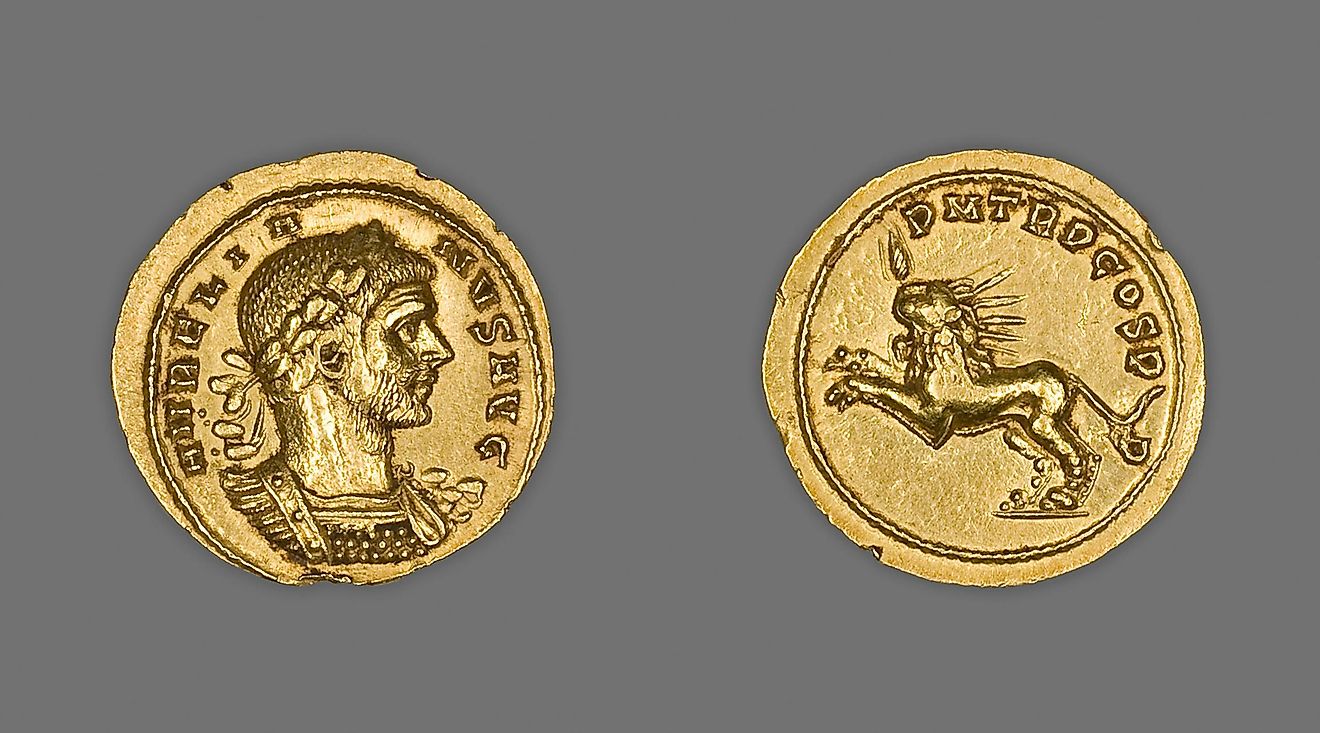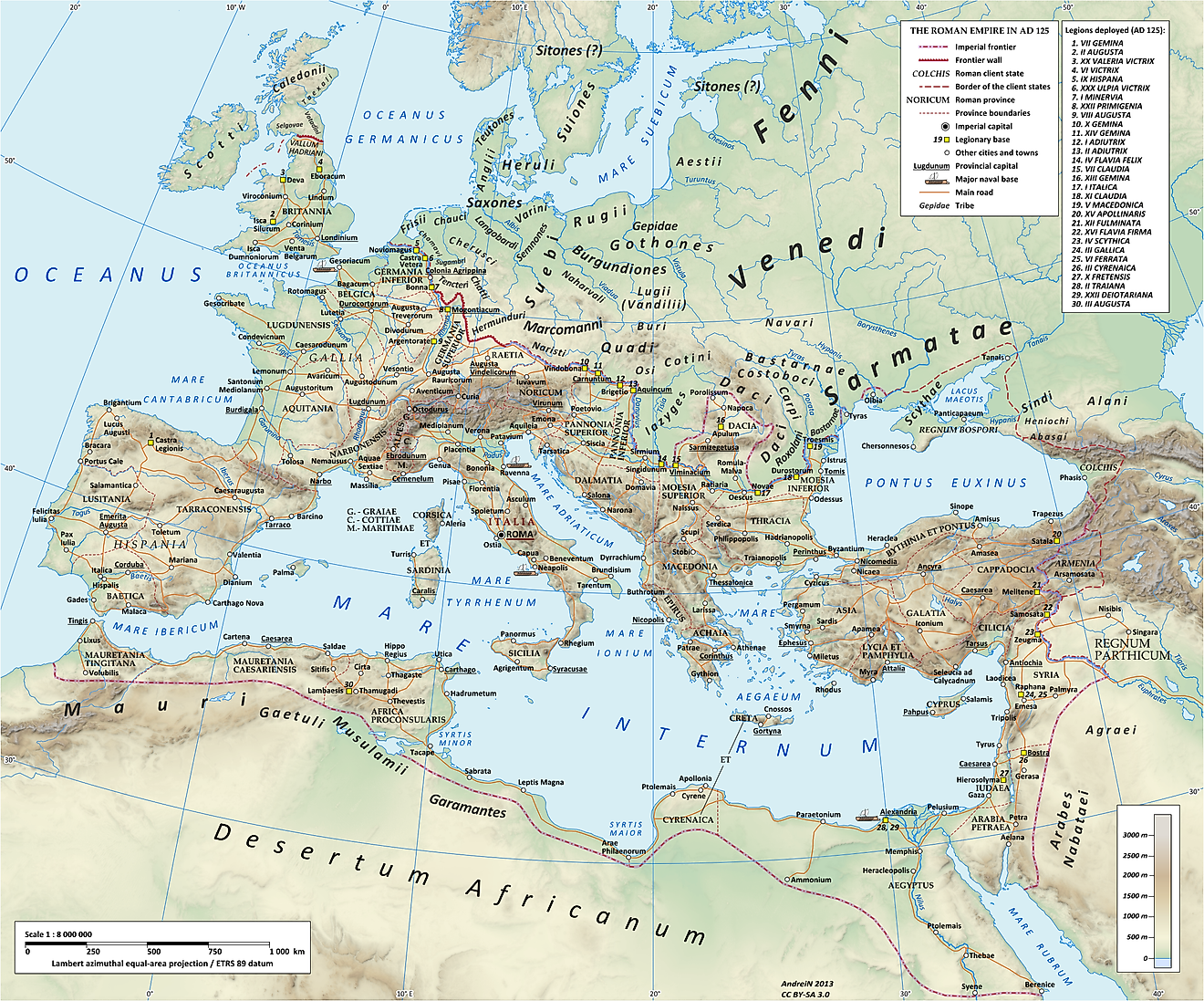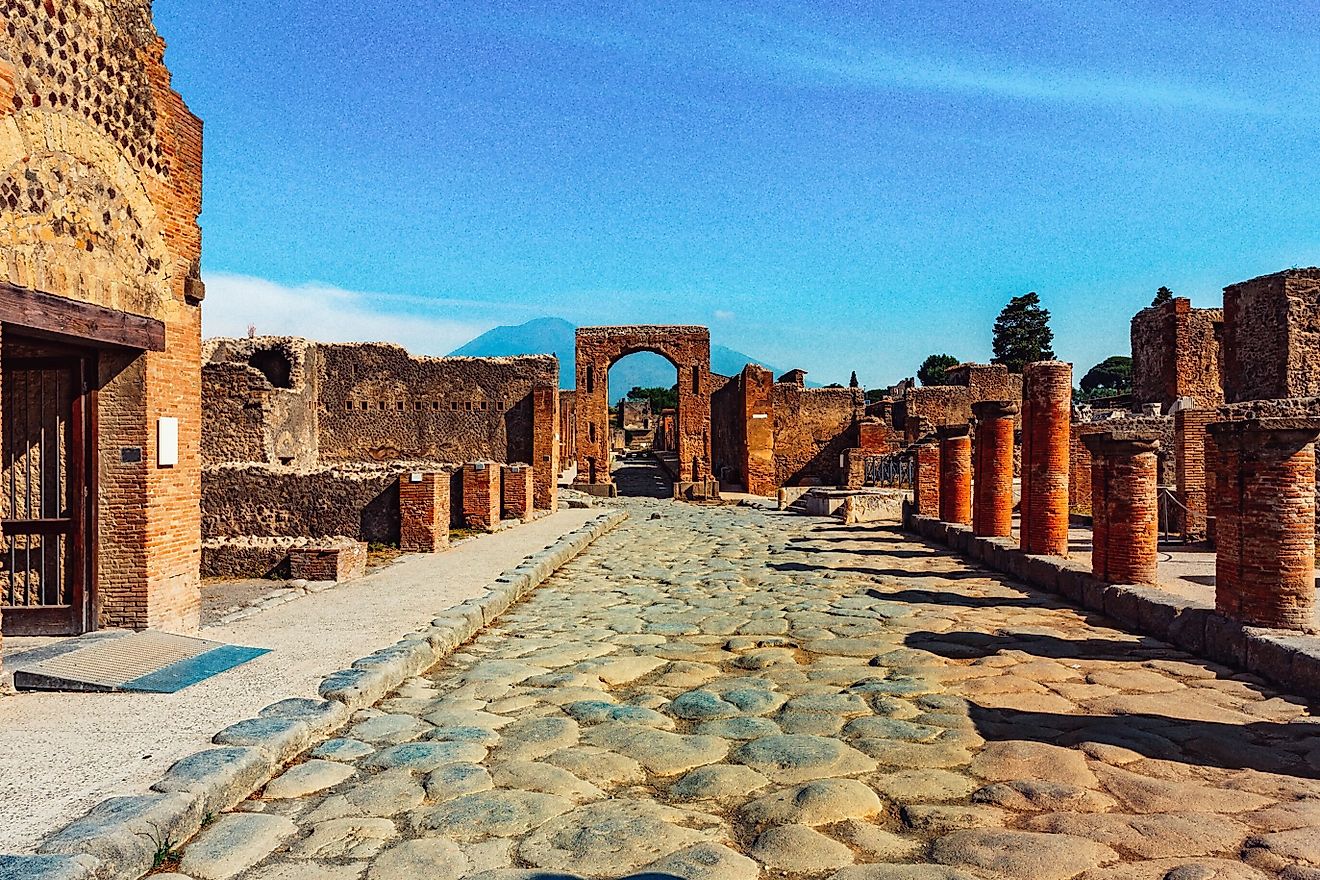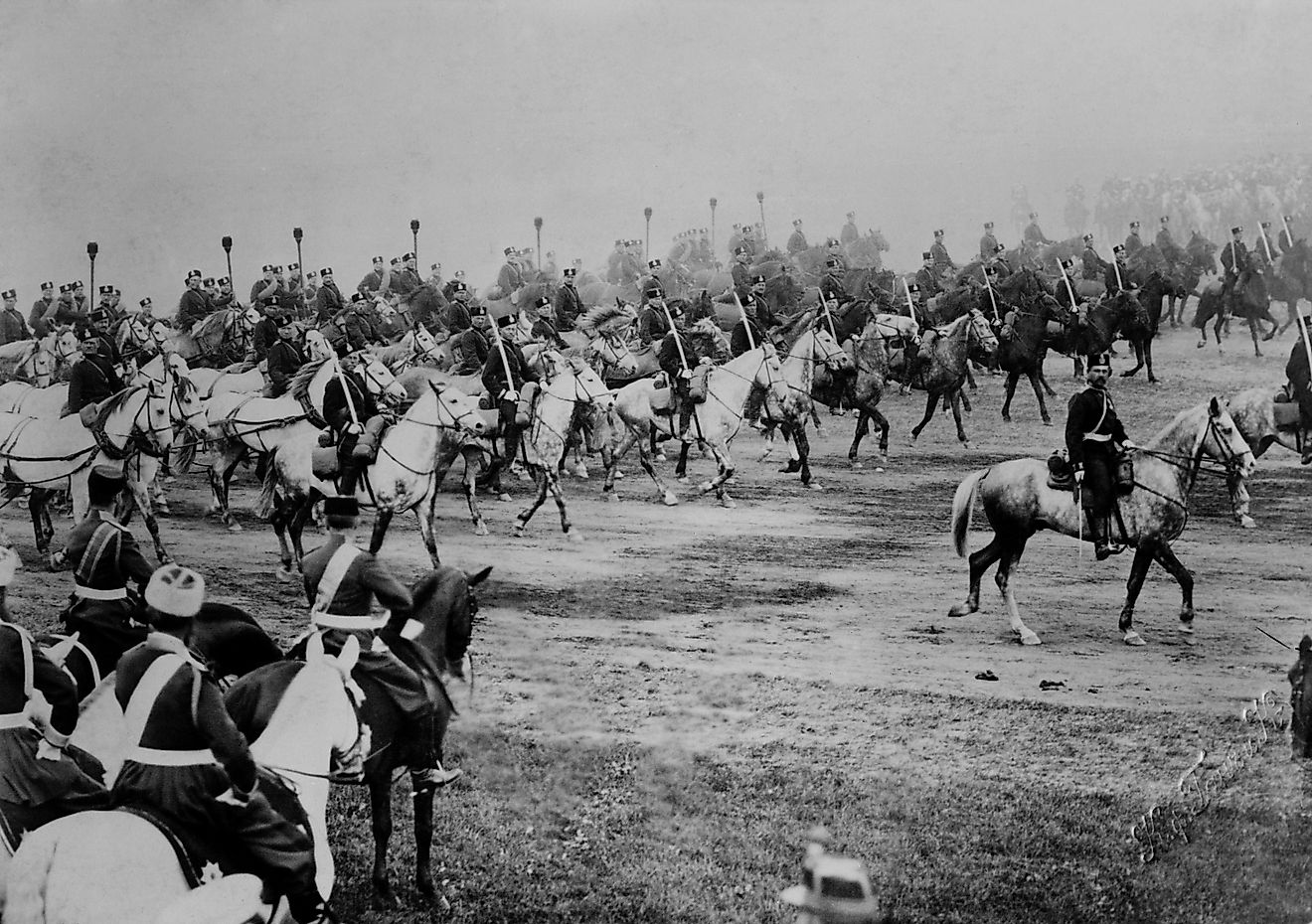
What Does Prehistoric Mean
The word prehistoric is often used to not just describe a time that predates written records but the human race itself. When the idea of a "prehistoric world" is brought up it often conjures an image of an Earth that is totally absent of human beings and instead populated with dinosaurs or other similar creatures.
While this is not entirely incorrect, it does not capture the true meaning of the word. Prehistoric, as one would imagine, simply means a time in history that was not recorded by man. Not only does this mean that prehistoric times included humans, but in fact, make up the majority of our time here on Earth.
A Time Before Writing

Not much concrete evidence of what life was like before written records exist today. As one might imagine, without any kind of surviving records it leaves plenty of gaps in information as to what life was like back that. That being said, we are not completely in the dark when it comes to understanding our distant past.
What we do know about prehistory comes exclusively from artifacts that have been uncovered by archeologists. A research team can paint and create a fuzzy picture of a certain society that we know existed simply by uncovering a handful of weapons, household items, weapons, and jewelry.
It might not give us everything we want but we are able to put some of these pieces together and make a messy, yet somewhat reliable mosaic.
Stone Age

The Stone Age is a period in time that first began more than 2.6 million years ago. Human beings were only really a part of this era for a few hundred thousand years. The stone age got its name as it was during this time that humans started to develop various versions of stone tools and weapons.
These stone tools were crucial when it came to building shelters and hunting animals. For much of the Stone Age, humans were nomadic/semi-nomic people that would follow herds of bison, elk, deer, and other similar animals.
However, it was the discovery of irrigation and farming along with the invention of stone farming tools such as the plow that would put an end to this migratory lifestyle in some parts of the world and would usher in a new age for humanity.
Bronze Age

The Bronze Age started when humans' first cities began to emerge in what is today modern-day Iraq and Syria. With the revolutionary discovery of farming and advanced irrigation methods, humans no longer had to chase herds of wild animals and could now rely on a much more predictable and secure food source.
Now that the responsibility of providing food no longer fell on the shoulders of an entire tribe or people, it left many who did not work in agriculture the opportunity to focus on becoming merchants and skilled tradesmen.
While the Bronze Age first occurred in the Middle East around 3,000 BC it did not reach the rest of the world at the same time. For instance, it took the people of the British Isles until 1,900 BC to reach the Bronze Age and many of the people who inhabited the northern half of North America would never reach the Bronze Age at all.
Early Records

It was during the Bronze Age that the first written records were created. The first written language was discovered in the city-state of Sumer. Called Cuneiform, this writing system is made up of various dashes and lines that all combine into thousands of different symbols. Each symbol all meaning something different.
The oldest written document that has been found so far was a government ledger that was recording the wages that were due to the city's farmers. Much of the earliest instances of known written documents usually take the form of some kind of record keeping in regard to food and city management.
It is undeniable that these records of grain shipments and storage are an invaluable window to how certain aspects of these ancient civilizations functioned on a day-to-day basis any kind of deliberately recorded historical writing would not materialize for another few thousand years.
The Father of History

The first deliberate historical writings can be traced to the 4th century BC in Ancient Greece. Herodotus, often hailed as the "Father of History," is largely credited with realizing the potential and inherent value of recording world events.
Herodotus was the one responsible for writing down most of the key battles and events that defined the famous Greco-Persian War. While many of these accounts are considered to be unreliable by modern standards, it was these first writings that would lay the groundwork for the practice of history itself.
After Herodotus died, his pupils would carry on his work. This narrative style of recording notable events would soon become the popular style in much of Europe, Asia, and the Middle East.
Summary
History is often something that many people in the modern world take for granted. Throughout much of our existence, human beings were either disinterested or unable to take down written records of key events or the happenings of day-to-day life.
Even once writing was widespread, its use was largely relegated to be used to trade and bureaucratic record keeping of food, wages, and military might. All of these give us some idea of what life was like, but it was the genius work of Herodotus that officially took the world out of the era of prehistory.
